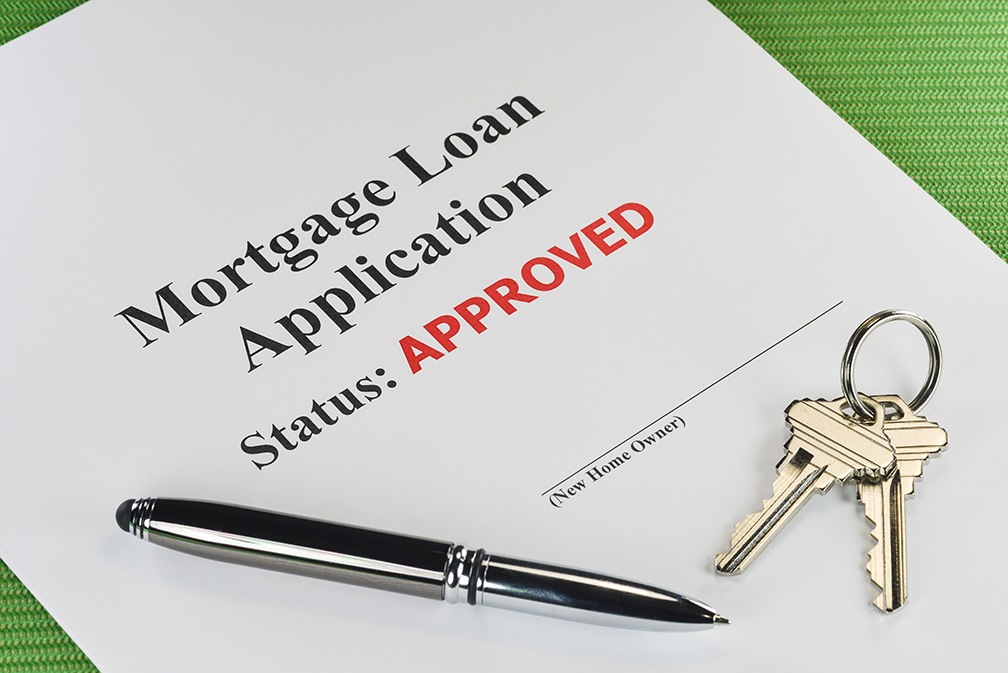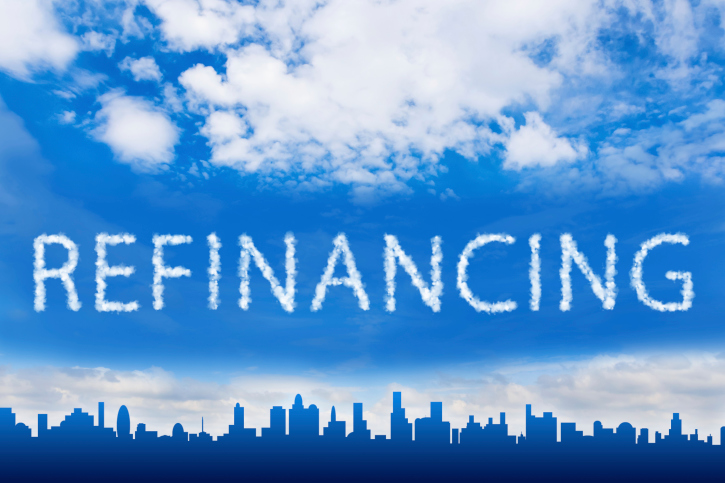 While there are differing schools of thought when it comes to whether or not a person should pay off a mortgage before the loan term ends, there may be some benefits to making payments on a bi-weekly basis as opposed to monthly basis. What are some of the reasons why it may be beneficial to make two payments a month instead of one? Here are three reasons why you should ditch the monthly fees and make payments once every two weeks.
While there are differing schools of thought when it comes to whether or not a person should pay off a mortgage before the loan term ends, there may be some benefits to making payments on a bi-weekly basis as opposed to monthly basis. What are some of the reasons why it may be beneficial to make two payments a month instead of one? Here are three reasons why you should ditch the monthly fees and make payments once every two weeks.
You’ll Make An Extra Payment Per Year
If you’re looking to pay off your mortgage ahead of schedule, making bi-weekly payments means you’ll make an extra payment every year. Instead of making 12 large payments every year, you’ll make 26 small payments. These 26 small payments would be equal to about 13 large payments.
This is the equivalent of an extra payment per year and 10 extra payments over 10 years. If you have a 30-year mortgage, you could pay it off between two and three years early because you will make your last payment 30 months ahead of schedule.
You’ll Provide Yourself With Financial Flexibility
Making extra payments can provide you with financial flexibility that makes it easier to deal with unexpected expenses or a job loss. As you are making a half-payment every two week, you can make your payments in smaller, more manageable chunks.
It may be a good thing if you are self-employed and may not be sure when a client will pay for services rendered. Additionally, you may have your next payment reduced or advanced if you pay more than you owe in a given month.
You’ll Reduce the Amount of Interest Paid on the Loan
Paying off your mortgage faster reduces the amount of interest that you pay on the loan. Even if you only make one extra payment per year, you could still save thousands of dollars in interest by paying your loan several months or years early.
To determine exactly how much you will save, you can use an amortization table or calculator to see how much interest you pay over the full 30 years as opposed to taking only 27 or 28 years to pay for your home. It is also important to note that making extra payments adds to the equity that you have in the home.
Making two payments instead of one each month may help you achieve financial flexibility while building equity in your home. By paying off your mortgage as soon as possible, it may enable you to put more money into a savings or retirement account. Contact a mortgage professional for more information about whether bi-weekly payments are right for you.
 Are you in the market for a new home? If you are going to rely on mortgage financing to cover some of the purchase cost, you will need to start the application process as soon as possible. However, what if you just need to know how much you will be able to borrow so you can start finding homes in your price range?
Are you in the market for a new home? If you are going to rely on mortgage financing to cover some of the purchase cost, you will need to start the application process as soon as possible. However, what if you just need to know how much you will be able to borrow so you can start finding homes in your price range? Managing multiple debts can become overwhelming and burdensome. Juggling various loan payments with varying interest rates and repayment terms can lead to financial stress and missed opportunities. One solution that borrowers often consider is consolidating their debts through a mortgage refinance loan. While this approach can be beneficial for some, it’s crucial to carefully evaluate its pros and cons before deciding.
Managing multiple debts can become overwhelming and burdensome. Juggling various loan payments with varying interest rates and repayment terms can lead to financial stress and missed opportunities. One solution that borrowers often consider is consolidating their debts through a mortgage refinance loan. While this approach can be beneficial for some, it’s crucial to carefully evaluate its pros and cons before deciding.